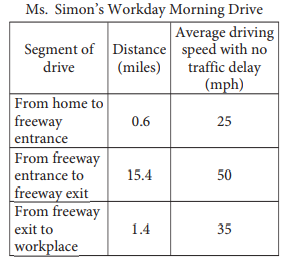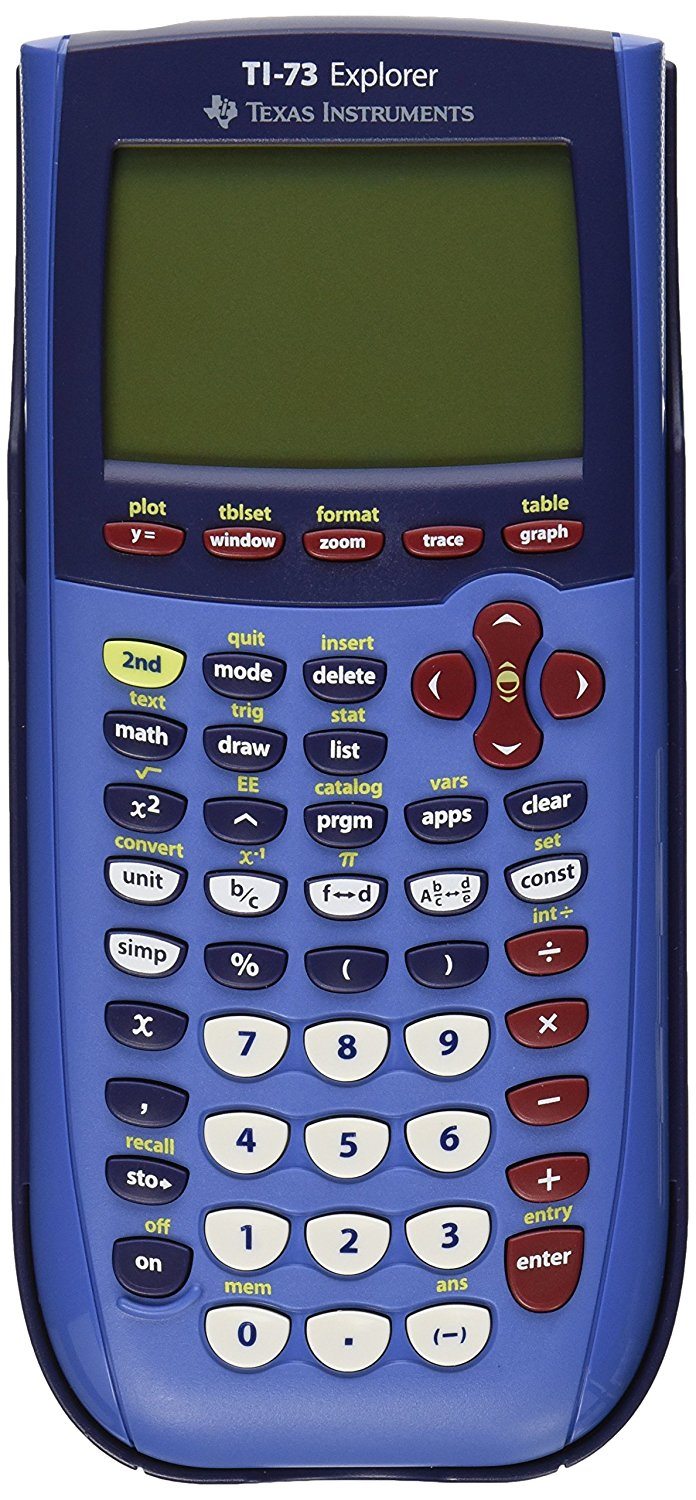
Grab your passport-we're crossing the border into the land of advanced math.

Solving linear equations and linear inequalities (in these expressions, x is a constant or the product of a constant).SAT math questions in the Heart of Algebra category have to do with linear equations, inequalities, functions, and graphs.īelow are the official topics as defined by College Board, followed by a summary of tasks you'll need to be prepared for to tackle these questions and some example problems. After a description of each one, you'll see three official sample practice questions from College Board. Let's take a closer look at each of these categories by going over the SAT math topics and skills they test. The remaining 10% are simply called Additional Topics, and they mainly include geometry, basic trigonometry, and complex numbers. These three realms describe about 90% of the SAT math questions. College Board sorts the question types into three main categories: Heart of Algebra, Passport to Advanced Math, and Problem Solving and Data Analysis (they apparently gave up on the creative naming once they reached the third category). While the math section doesn't place a large emphasis on geometry problems, it does focus on algebra, solving equations, and data interpretation from tables and graphs. That being said, what skills and concepts are most prevalent in the math section?Ĭontent is king! Or, at least, it's very important to master before you take the SAT. This material isn't actually all that important on the math section, as geometry problems make up less than 10% of the questions.

Of course, you'd be better off having this information memorized than wasting time flipping back in your test booklet to these formulas. While you can only use a calculator on the longer Math section, you'll have access to the following reference information for geometry in both sections: Sectionģ0 multiple choice, 8 grid-ins (including one Extended Thinking question) Here's the breakdown of time, number of questions, and question types on the two SAT math sections.

Then you'll be asked for some student-produced responses, more commonly known as " grid-ins." On the calculator section, some of these grid-ins will relate to one another as part of an Extended Thinking question. During this longer section, you're allowed to use your calculator.īoth sections will begin with multiple-choice questions, each of which will feature four answer choices. After a short break, you'll move onto the 55-minute section.

You'll first get a 25-minute section, during which you can't use a calculator. Math will be your third and fourth sections on the SAT, right after Reading and Writing & Language. Let's start this guide by reviewing the overall format of the math section of the SAT. Whatever math class you're taking in school, you should be able to conquer the SAT math topics with the right approach to test prep. Your first step in preparing for the math section of the SAT should be familiarizing yourself with exactly what's on it.


 0 kommentar(er)
0 kommentar(er)
